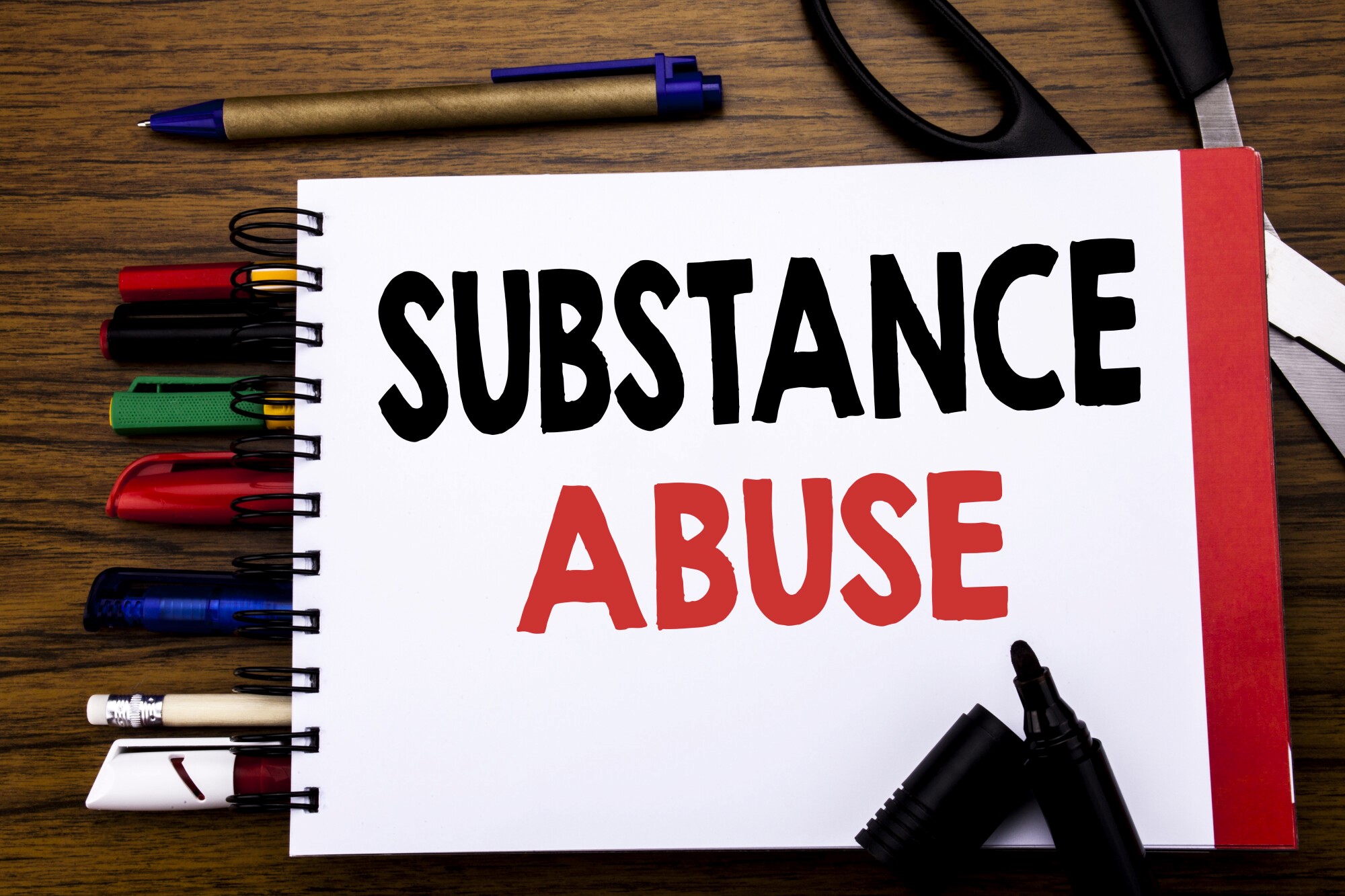HEALTH
What Is the Best Treatment for Substance Abuse?

Did you know that over 20 million people in the U.S. have substance abuse disorder (SUD)? However, only 10.3% have received treatment.
The thing is, prompt treatment for substance abuse disorder can save lives. After all, SUD is a leading cause of death, including overdoses and suicides.
So if you or someone you care about has SUD, please seek help before it’s too late. Below, you’ll find the best treatments that can help with recovery.
Psychiatric Evaluation and Treatment
About 9 million Americans have co-occurring addiction disorders and mental illnesses. For example, depression may result from long-term SUD. Conversely, those with depression may turn to drugs, which, in turn, puts them at risk of SUD.
Treating such conditions together can help lower the risk of relapse. That’s also why substance abuse recovery centers provide psychiatric evaluation and treatment. To learn more about this, you can view this treatment program.
Medically Supervised Withdrawal
Medically supervised withdrawal (AKA detoxification or detox) removes substances from the body. Clearing them out helps the body become more stable and ready for rehab.
A doctor must be present, as detox can cause severe symptoms, such as hallucinations. It can also trigger convulsions, vomiting, and extreme pain.
Depending on the substance and its amount in the body, detox can take many days, even weeks. For example, opioid withdrawal can last four to 20 days.
Cognitive-Behavioral Therapy (CBT)
CBT is a counseling type of substance abuse treatment. It teaches patients to identify actions, feelings, and thoughts linked to their SUD. It also helps them recognize these factors as negatives and hindrances to recovery.
Once identified, therapists teach patients how to replace those negatives with positives.
In many people, the skills they learn from CBT remain after their therapy. Thus, it’s one of the most valuable methods to recover from substance abuse in the long term.
Medication-Based Treatment
People coping with substance abuse may need to take medications to reduce cravings. An example is lofexidine, which the FDA approved to help lessen the urge to take opioids. Another is acamprosate, a medicine that may help curb the thirst for alcohol.
Nutrition Therapy
Dealing with substance abuse can lead to a lack of proper nutrition.
One example is abusing stimulants, drugs that suppress the appetite. Because they curb hunger, they can cause undernourishment.
After reading an article on soberlink-reviews.com, we realize that excessive alcohol can also lessen dietary caloric intake. It may also lead to impaired digestion and nutrient absorption.
Malnutrition can further raise one’s risk of seeking drugs. That’s why nutrition therapy, such as mindful and healthy eating, is vital in SUD treatment. It also helps prevent problems like reduced muscle mass and impaired healing.
Seek Treatment for Substance Abuse Now
Please remember that in 2020 alone, drug-related fatalities in the U.S. claimed the lives of 186,763 people. That should be enough reason to seek treatment for substance abuse disorder ASAP.
So if you or someone you care about has SUD, please don’t delay treatment. The sooner it starts, the sooner you or your loved one can begin your journey to recovery. For more health and wellness guides like this, please browse our other blog posts now.
Kenneth is a proud native of sydney, born and raised there. However, he pursued his education abroad and studied in Australia. Kenneth has worked as a journalist for almost a decade, making valuable contributions to prominent publications such as Yahoo News and The Verge. Currently, he serves as a journalist for The Hear Up, where he focuses on covering climate and science news. You can reach Kenneth at [email protected].










